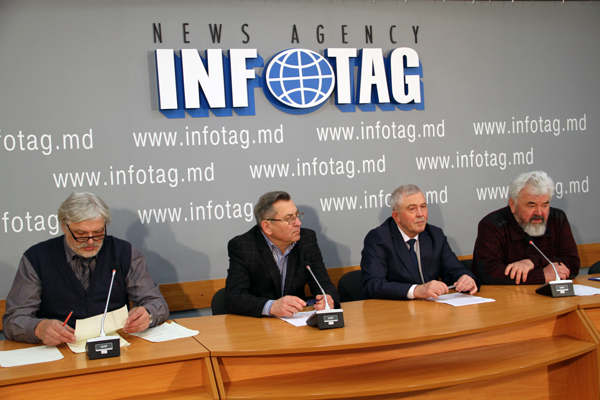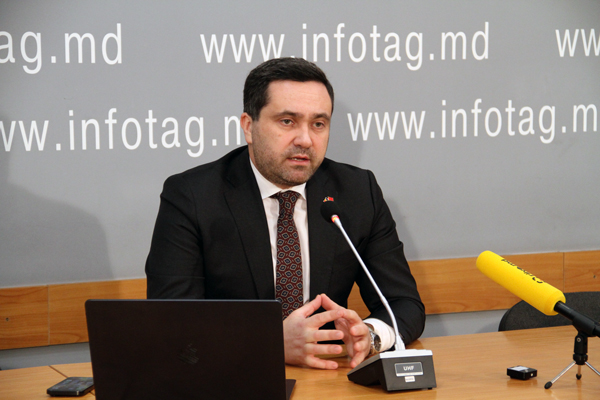Politics
VENICE COMMISSION PUBLISHES CONCLUSION ON AMENDMENTS TO LAW ON MOLDOVAN PGO

The European Commission for Democracy and Law (the Venice Commission) has published on its website the Amicus Curiae Brief for the Constitutional Court of the Republic of Moldova on the amendments to the Law on the Prosecutors’ Office.
In the document the commission expressed its opinion about the amendments to the Law on the Prosecutor General’s Office, adopted by the Moldovan Parliament on September 16. These amendments imply that candidates for Prosecutor General are selected by a Justice Ministry Commission, which proposes candidates to the Superior Council of Prosecutors (SCP), while the latter – to the President. Many lawyers have been criticizing the amendments, as there is no Justice Commission provided in the Constitution. Besides, at the beginning of November, Justice Minister Olesea Stamate cancelled the results of the commission’s contest, while Prime Minister Maia Sandu proposed a new amendment to the law according to which the candidature, selected by the commission, is proposed by the head of the Government. This decision led to Government dismissal, after which Alexandru Stoianoglo was appointed as PG, being selected within the contest, cancelled by Olesea Stamate.
The Venice Commission recognizes as lawful the creation of the commission, noting that not only the Superior Council of Prosecutors (SCP) may participate in selecting candidature for Prosecutor General. Meanwhile, the SCP should have more powers at candidate nomination.
“The Venice Commission has consistently recommended that excessive politicization of the nomination of the PG should be avoided through provision for a professional and non-political input as to the assessment of the professional qualifications of the candidate”, the press release says.
The commission also approved the extension of the SCP to 15 from 12 members by means of including additional 3 members – the President of the Bar Association, the Ombudsman and a member of the civil society proposed by the Government.
“The extension of the SCP composition does not seem to threaten the independence of the prosecutors, because the composition of the SCP remains sufficiently pluralistic, the prosecutors still representing a relative majority there. The same concerns the presence of the Minister of Justice as an ex officio member of the SCP”, the document says.
Authors say that the Constitution does not say that substantial part of the SCP should be prosecutors elected by their peers, but just “prosecutors”. This is for the Constitutional Court to decide. Also, the Court has to express on the inclusion of the Justice Ministry commission in the procedure of selecting candidate for the post of Prosecutor General.
“If a legislative amendment was adopted in order to prevent the SCP from nominating a particular candidate, or in order to ensure that certain specific persons may or may not participate in the new competition, or for any improper reasons, this could impinge on the constitutional “division of labor” between the legislator (whose main task is to adopt rules of general application) and the SCP (whose main task, in this context, is to select appropriate candidates for the prosecutorial positions). The Venice Commission acknowledges, at the same time, that a legislator may have good reasons to intervene in a pending recruitment procedure which is grossly unfair, inefficient, discriminatory”, the Venice Commission conclusion says.
























Add Comment